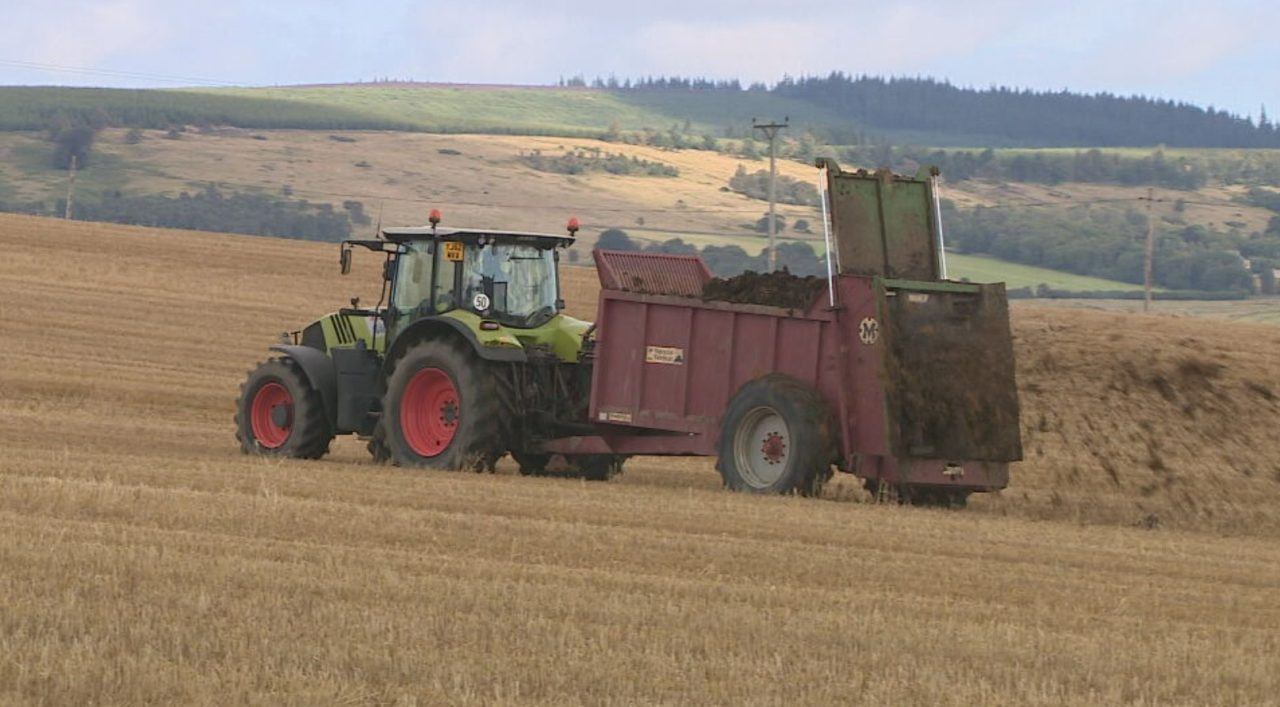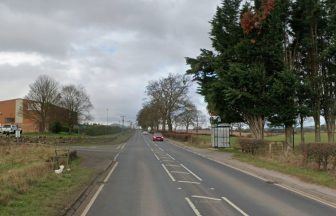Renewable energy sources such as green hydrogen are vital to ensuring the agricultural sector contributes to Scotland’s move to net zero.
Some farmers are using hydrogen electrolysis, which utilises solar power to make hydrogen gas from water, in a bid to help cut emissions and run heavy farming equipment for hours.
It comes as farmers face growing pressure to meet climate targets while keeping their businesses viable.
Aberdeenshire farmer David Smith, 82, believes that hydrogen electrolysis could be a solution for a range of farm equipment.
For the past eight years, he has used a hydrogen electrolyser to increase the efficiency of his tractor and 4x4s.
He said: “This has the effect of reducing the emissions in the exhaust by 80%, as well as giving us between 15 to 20% more miles to the gallon.
“In my mind, this works well because there’s a big investment for things like tractors, and this allows us to use what we have for a small investment.
“If we use batteries, you’re looking at four to six tonnes worth for a tractor, and you’d have to recharge it part way through the day. They use a huge amount of power.”
As the number of onshore wind farms increases, farmers who have them on their land say they also could be used to harness another green technology, hydrogen.
Andrew Connon, the vice president of NFU Scotland, said: “You can use the renewables to produce hydrogen and If you have green hydrogen, you have a fuel source and its by-product, ammonia nitrate, which can be used as a fertiliser creating a circular economy for agriculture.”
“Financial support and grant funding is needed though to allow this to be looked at on a bigger scale.”
The Scottish Government says they’re investing in hydrogen project pilots specific to farming and hopes lessons from them can be implemented in the future.
A spokesperson said: “Hydrogen will be a key part of the net zero journeys, and the Scottish Government published an action plan in 2022 with funding to develop projects to help our decarbonisation.
“We will take what we learn from these projects to roll out the opportunities more widely to benefit more farms and communities.”
Back in Aberdeenshire, and a small field just outside Scotland’s Rural and Agricultural Craibstone college is providing scientists with important soil data.
Crop trials there look at the pH of soil and emissions from ground-growing peas and barley.
The information gathered will help farmers decide what input their soil needs, with the hope that it will minimise the use of fertilisers. It will also be fed into a worldwide database.
Dr Robin Walker said: “We have boxes here that work as chambers looking for greenhouse gases, and the one we’re particularly interested in is nitrous oxide, which is 300 times more polluting than a carbon dioxide.
“We’re doing this partly from a global warming perspective but also if you’re losing nitrogen from the system, it’s potentially not getting into the crop and being as productive as it needs to be.”
David said it’s vital that farmers address measures to cut costs and boost efficiency.
He added: “It is absolutely essential to our business to be as sustainable as possible.
“There’s not that big of a margin in the first place so the more efficient we can be, the better, the more we can get out of our fuel the tractors, that helps us and the climate.”
Follow STV News on WhatsApp
Scan the QR code on your mobile device for all the latest news from around the country

























